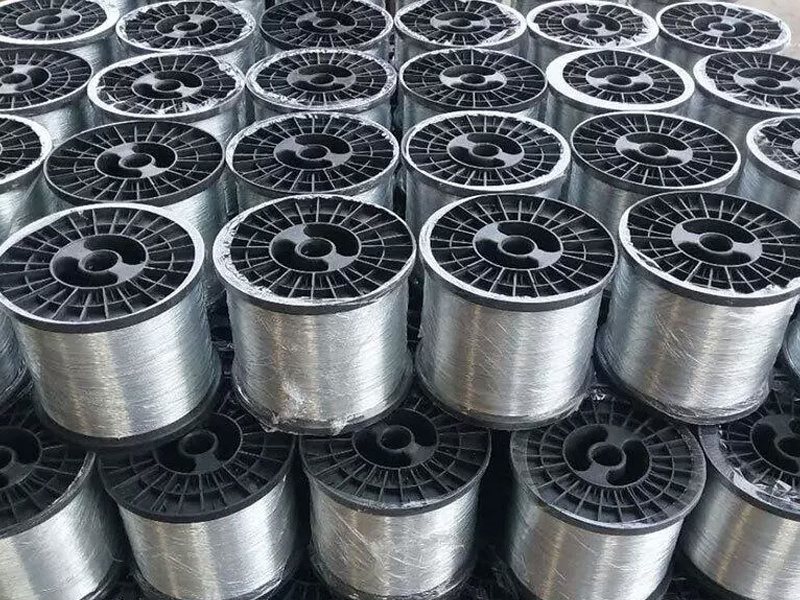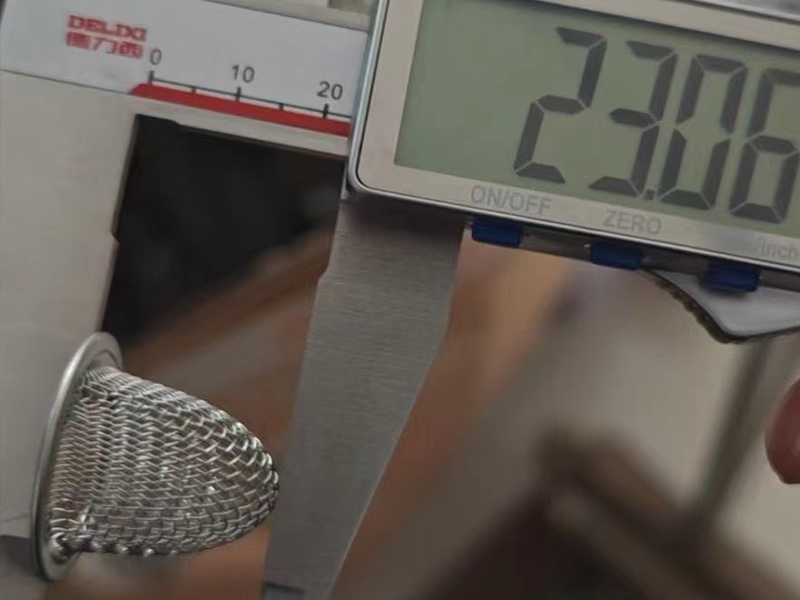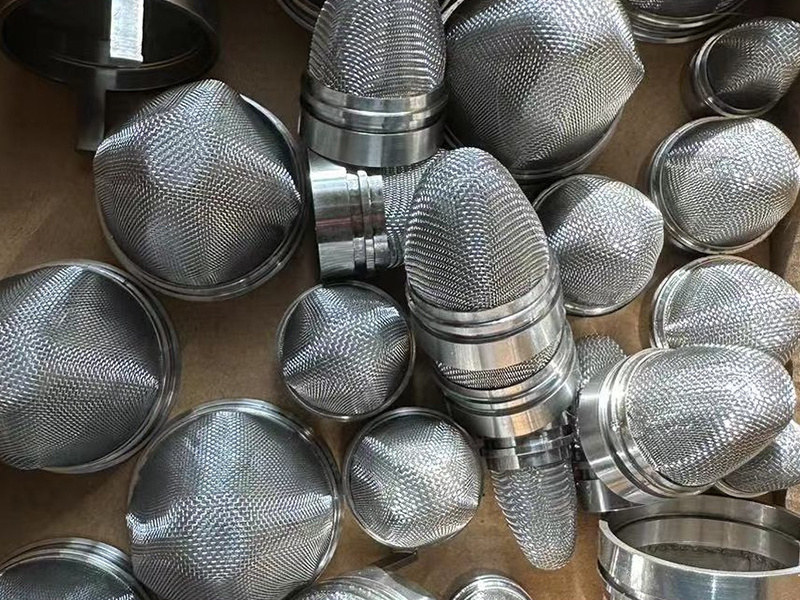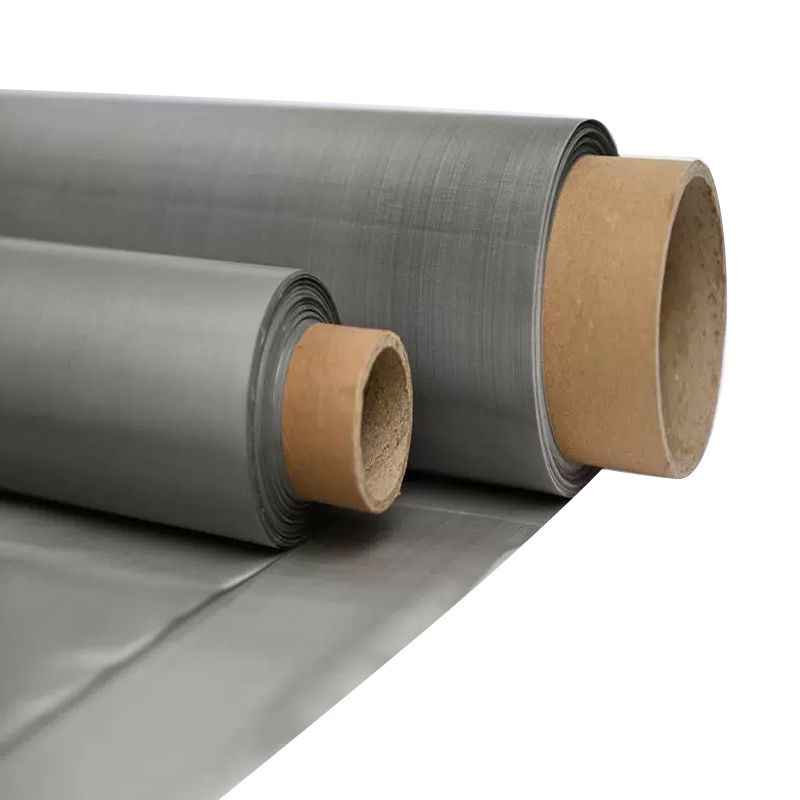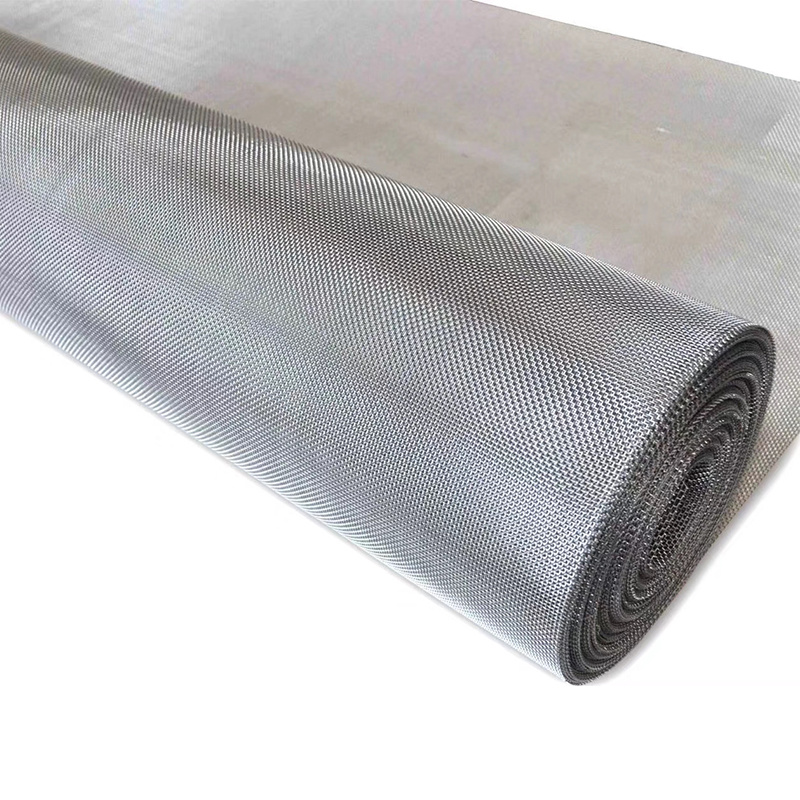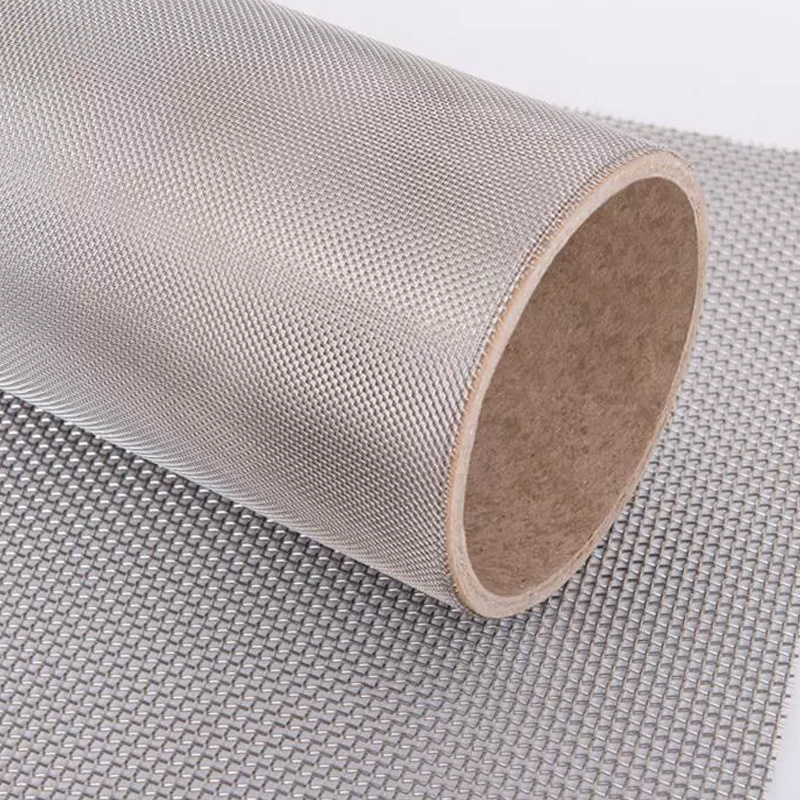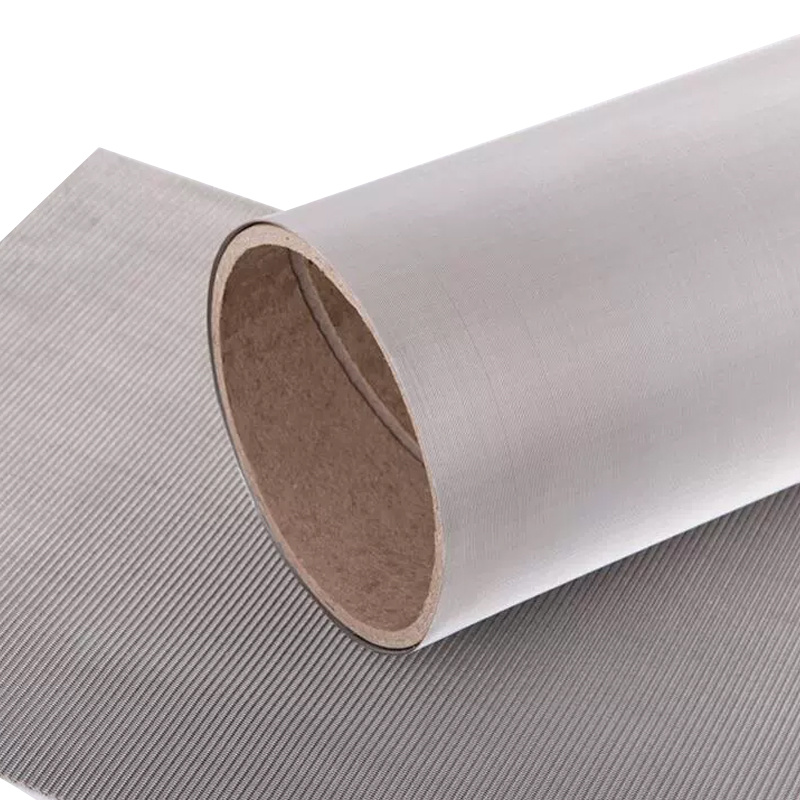Solution: Unraveling the Mystery of Mat-type Nets: How They Work and Why They Matter
May 26,2025
Introduction to Mat-type Nets
Hey there! Ever heard of a mat-type net? If not, you’re in for a treat! These fascinating structures are not just for show; they serve critical roles in a variety of fields. But what exactly is a mat-type net, and how does it function? Buckle up, because we’re diving deep into the workings of this intriguing net type!
What is a Mat-type Net?
First things first, let’s clear the air. A mat-type net refers to a network of interconnected strands that form a mat-like structure. Think of it as a web, but instead of catching flies, it’s used for a whole range of applications, from construction to agriculture. You might say it’s the unsung hero of modern materials!
How Does It Work?
Okay, let’s get into the nitty-gritty of the mat-type net's working principle. At its core, it operates on the principle of load distribution. When weight or stress is applied, the interconnected strands work together to disperse that force evenly across the entire net. This ensures that no single part bears the brunt of the load, reducing the risk of failure. Pretty neat, right?
Applications Galore!
Now, you might be wondering where these bad boys are used. Well, let’s just say the list is long! Here are a few key areas:
- Construction: Mat-type nets provide reinforcement for concrete structures, enhancing their durability.
- Agriculture: Farmers use these nets to protect crops from pests while allowing sunlight and rain to nourish them.
- Environmental Protection: They’re great for erosion control, stabilizing soil in vulnerable areas.
- Sports: Ever seen those nets on a soccer field? Yep, they often employ mat-type nets for safety and organization.
The Benefits of Mat-type Nets
So, why should we care about mat-type nets? Here are a few reasons that might just convince you:
- Versatility: From construction sites to sports arenas, their applications are nearly limitless.
- Durability: Made from high-quality materials, these nets can withstand the test of time.
- Cost-Effective: They offer excellent value for money due to their longevity and reliability.
Mat-type Nets vs. Traditional Nets
Now, you’re probably asking, “How do mat-type nets stack up against traditional nets?” Well, while traditional nets can be useful for specific tasks, mat-type nets shine in terms of structural support and load distribution. They’re like the all-stars of the net world, bringing efficiency and strength to the table.
Challenges and Considerations
Of course, no solution is perfect. While mat-type nets have a lot going for them, they also come with their own set of challenges. For instance, the initial installation can be a bit tricky, requiring skilled labor to ensure everything’s just right. Furthermore, choosing the right material for your specific needs is crucial; not all nets are created equal!
Future Trends
Looking ahead, the future of mat-type nets seems bright. Innovations in materials and technology could lead to even more durable and versatile nets. Researchers are currently exploring eco-friendly materials that can provide similar benefits while being kinder to our planet. Talk about a win-win situation!
Conclusion
In summary, mat-type nets are more than just a bunch of interconnected strands; they’re a vital component in many industries. Their unique working principle allows them to handle loads with grace, making them indispensable in construction, agriculture, and beyond. So the next time you spot a mat-type net, give it a nod of appreciation—it’s doing some heavy lifting behind the scenes!
And there you have it! Now you're all set to impress your friends with your newfound knowledge about the remarkable mat-type net. Who knew something so simple could pack such a punch?
Hot Tags:


